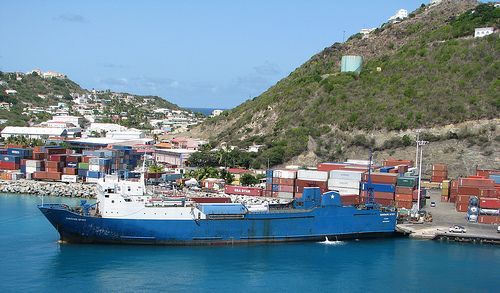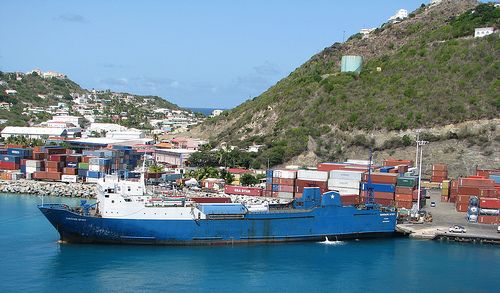EU finance ministers: cap-and-trade shipping and aviation emissions
A carbon pricing system for aviation could lower emissions and raise funds for climate change mitigation, says EU finance minister. The scheme could help to raise the EU’s contribution towards the $100 billion a year Green Climate Fund agreed at Cancun and pressure is building upon both industries to cooperate.

 A carbon pricing system for aviation and shipping should be imposed to lower emissions and raise funds for climate change mitigation, says EU finance minsters.
A carbon pricing system for aviation and shipping should be imposed to lower emissions and raise funds for climate change mitigation, says EU finance minsters.
A £100 billion a year Green Climate Fund was announced at Cancun in December 2010 to help developing countries mitigate and adapt to climate change. The EU is set to pay around a third of the fund.
So far, member states have mobilised €2.34 billion as part of their commitment to provide €7.2 billion over the 2010 to 2012 period, and the finance ministers meeting said that carbon pricing aviation and maritime transportation have the potential to generate large sums of money towards this commitment.
The statement said: “The carbon pricing of global aviation and maritime transportation is a potential source of revenues that would also generate the price signals necessary to efficiently achieve emission reductions from these sectors.”
Shipping and aviation emissions were never included in the Kyoto Protocol, the legally binding commitment which has been driving global emission reductions since 1997. There have been arguments over recent months as to whether these industries would be included in any Kyoto successor.
This latest statement from EU ministers called for the International Maritime Organisation (IMO) and the International Civil Aviation Organisation (ICAO) to “develop without delay a global policy framework that avoids competitive distortions or carbon leakage.”
A carbon pricing for these sector would work by imposing a global cap on CO2 emissions, and any companies that went beyond this would have to trade permits to pollute, in a similar way energy intensive firms do on the EU ETS.
This latest report further cranks up the pressure already on the aviation and shipping sectors. Last month Connie Hedegaard, EU Commissioner for Climate said that the EU would push to get shipping and aviation on the agenda at Durban, and for them to be included in any successor deal to the Kyoto Protocol.
Aviation is set to be brought into existing trading scheme the EU ETS next year, and warnings have been made that the scheme could be extended even further to include shipping as well.
This week’s statement builds on work in a report by the European Commission: “Scaling up Climate Finance” – last month, which suggested that revenues raised by a carbon pricing mechanism for shipping and aviation could generate up to $24 billion worldwide – assuming a carbon price of $50 per tonnes of CO2.
Image: Rennett Stowe | flickr





